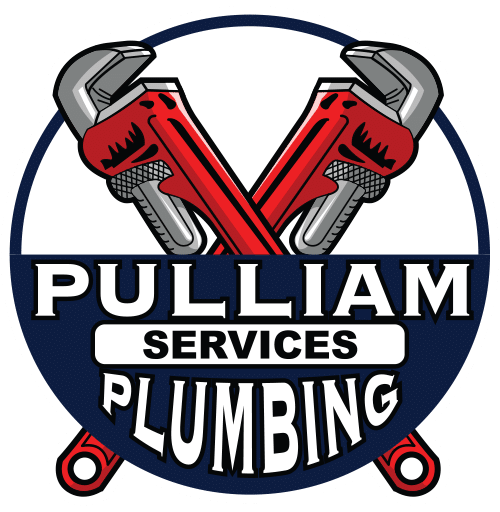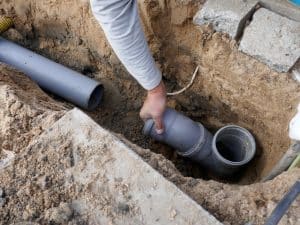As a homeowner, it can be frustrating and stressful when plumbing issues arise. Whether it’s a leaky faucet, a clogged drain, or a burst pipe, plumbing problems can quickly escalate into emergencies that require immediate attention. When faced with a plumbing emergency, it’s essential to know what steps to take to prevent further damage and get the problem resolved quickly. In this article, we will discuss emergency plumbing solutions that can help you address plumbing issues when they can’t wait.
What is an Emergency Plumbing Issue?
An emergency plumbing issue is any plumbing problem that requires immediate attention to prevent further damage to your home or property. These issues can range from a simple clogged drain to a burst pipe that is flooding your home. Some common emergency plumbing issues include:
- Burst pipes
- Clogged or overflowing toilets
- Sewer line backups
- Gas leaks
- Water heater failure
- Flooding
- Sewage odors
- Sump pump failure
If you experience any of these issues, it’s important to act quickly and contact an emergency plumber right away.
What to Do in a Plumbing Emergency?
If you are faced with a plumbing emergency, there are several steps you can take to prevent further damage and get the problem resolved quickly:
- Shut off the water supply: If you have a burst pipe or any other plumbing issue that is causing water to flood your home, the first thing you should do is shut off the water supply. This will prevent further damage and give you time to contact an emergency plumber.
- Turn off the electricity: If you have water near any electrical appliances or outlets, it’s important to turn off the electricity to prevent electrocution.
- Call an emergency plumber: Contact an emergency plumber right away. A professional plumber can quickly assess the situation and take the necessary steps to fix the problem.
- Take photos and document the damage: Take photos and document any damage caused by the plumbing emergency. This information can be helpful when filing an insurance claim.
- Open windows and doors: If you have a gas leak or sewage odor, it’s important to open windows and doors to ventilate the area.
Emergency Plumbing Solutions
There are several emergency plumbing solutions that can help you address plumbing issues when they can’t wait. Here are some of the most common solutions:
- Burst Pipes: If you have a burst pipe, turn off the water supply and contact an emergency plumber right away. In the meantime, you can use a pipe clamp or rubber patch to stop the water flow temporarily.
- Clogged Toilets: If you have a clogged toilet that is overflowing, turn off the water supply and use a plunger to try and clear the blockage. If this doesn’t work, contact an emergency plumber.
- Sewer Line Backups: If you have a sewer line backup, avoid using any water in your home and contact an emergency plumber right away. They can use a sewer snake to clear the blockage and prevent further damage.
- Gas Leaks: If you suspect a gas leak, turn off the gas supply and contact the gas company right away. Do not use any electrical appliances or ignite any flames until the area is deemed safe.
- Water Heater Failure: If your water heater fails, turn off the power supply and contact an emergency plumber. They can quickly assess the situation and determine if a repair or replacement is needed.
Conclusion
Plumbing emergencies can be stressful and overwhelming, but knowing what to do in these situations can help you prevent further damage and get the problem resolved quickly. Remember to shut off the water supply, turn off the electricity, and contact an emergency plumber right away. By taking these steps, you can minimize the damage and avoid costly repairs. Additionally, familiarizing yourself with common emergency plumbing solutions can help you address the problem until a professional plumber arrives.
Remember that plumbing emergencies can happen at any time, so it’s always a good idea to have the contact information for an emergency plumber on hand. Don’t wait until a problem arises to start searching for a plumber. Take the time to research and find a reliable plumber in your area so that you can be prepared for any plumbing emergency that may occur.
FAQs
- How can I prevent plumbing emergencies from happening?
Regular maintenance and inspections can help prevent plumbing emergencies. It’s important to have your plumbing system inspected by a professional plumber at least once a year to identify any potential issues before they become emergencies.
- What should I do if I have a minor plumbing issue?
If you have a minor plumbing issue such as a leaky faucet or a slow-draining sink, it’s best to address the problem as soon as possible to prevent it from becoming a more significant issue. Contact a plumber to schedule a repair.
- Can I fix a plumbing emergency myself?
It’s not recommended to try and fix a plumbing emergency yourself. Plumbing emergencies require specialized knowledge and equipment to fix properly. Contact an emergency plumber for assistance.
- How much does emergency plumbing services cost?
The cost of emergency plumbing services varies depending on the severity of the issue and the location. It’s best to contact an emergency plumber for an estimate.
- How can I find a reliable emergency plumber in my area?
You can find a reliable emergency plumber by asking for recommendations from friends and family or by searching online for local plumbers. Be sure to read reviews and check credentials before hiring a plumber.




